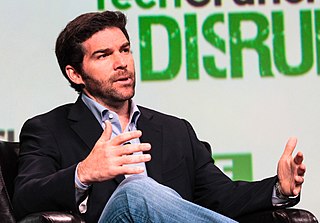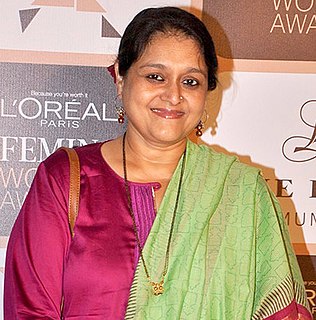A Quote by Parminder Nagra
But it's a very universal story and the thing is I was reluctant to answer that question because I don't want people latching on to a particular stereotype.
Related Quotes
A dialogue is very important. It is a form of communication in which question and answer continue till a question is left without an answer. Thus the question is suspended between the two persons involved in this answer and question. It is like a bud with untouched blossoms . . . If the question is left totally untouched by thought, it then has its own answer because the questioner and answerer, as persons, have disappeared. This is a form of dialogue in which investigation reaches a certain point of intensity and depth, which then has a quality that thought can never reach.
Prioritization sounds like such a simple thing, but true prioritization starts with a very difficult question to answer, especially at a company with a portfolio approach: If you could only do one thing, what would it be? And you can't rationalize the answer, and you can't attach the one thing to some other things. It's just the one thing.
We can each sit and wait to die, from the very day of our births. Those of us who do not do so, choose to ask - and to answer - the two questions that define every conscious creature: What do I want? and What will I do to get it? Which are, finally, only one question: What is my will? Caine teaches us that the answer is always found within our own experience; our lives provide the structure of the question, and a properly phrased question contains its own answer.
People want their reason for living to be a singular thing, like a career or a relationship, because this makes an individual feel secure in the physical world. We don't fare well in the realm of the invisible - so telling someone that their purpose is multilayered and includes the arduous journey of discovering who they really are is not always the answer they want to hear. But consider the complexity of the question: "What is my reason for living?" How can that question not include a journey into the depths of your own life?
To be a scientist you have to be willing to live with uncertainty for a long time. Research scientists begin with a question and they take a decade or two to find an answer. Then the answer they get may not even answer the question they thought it would. You have to have a supple enough mind to be open to the possibility that the answer sometimes precedes the question itself.
"Where do you get your ideas?" That's the one question I'm genuinely sick of being asked, and also genuinely fascinated by. What fascinates me is not that people ask the question, but what kind of answer are they really looking for? Because if I tell them the truth, which is "I make them up," they seem very disappointed. They want to know about the trek I do once a year to the mountain.
If you thought you were trying to find out more about it because you're gonna get an answer to some deep philosophical question...you may be wrong! It may be that you can't get an answer to that particular question by finding out more about the character of nature. But my interest in science is to simply find out about the world.




































